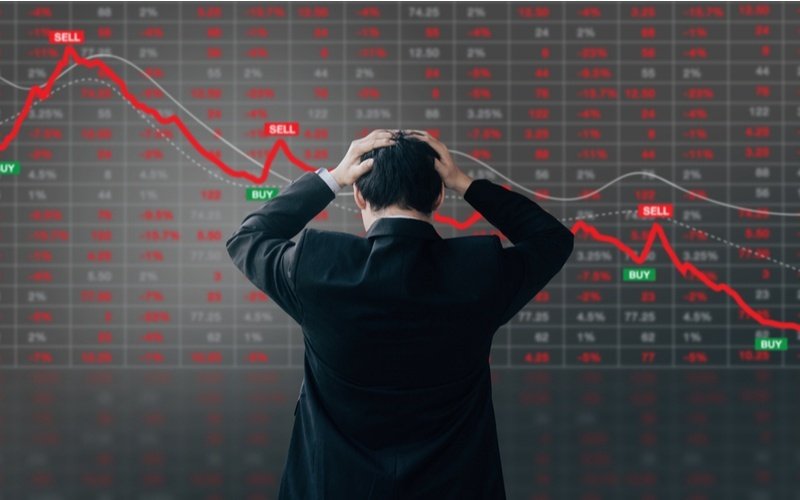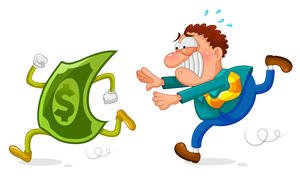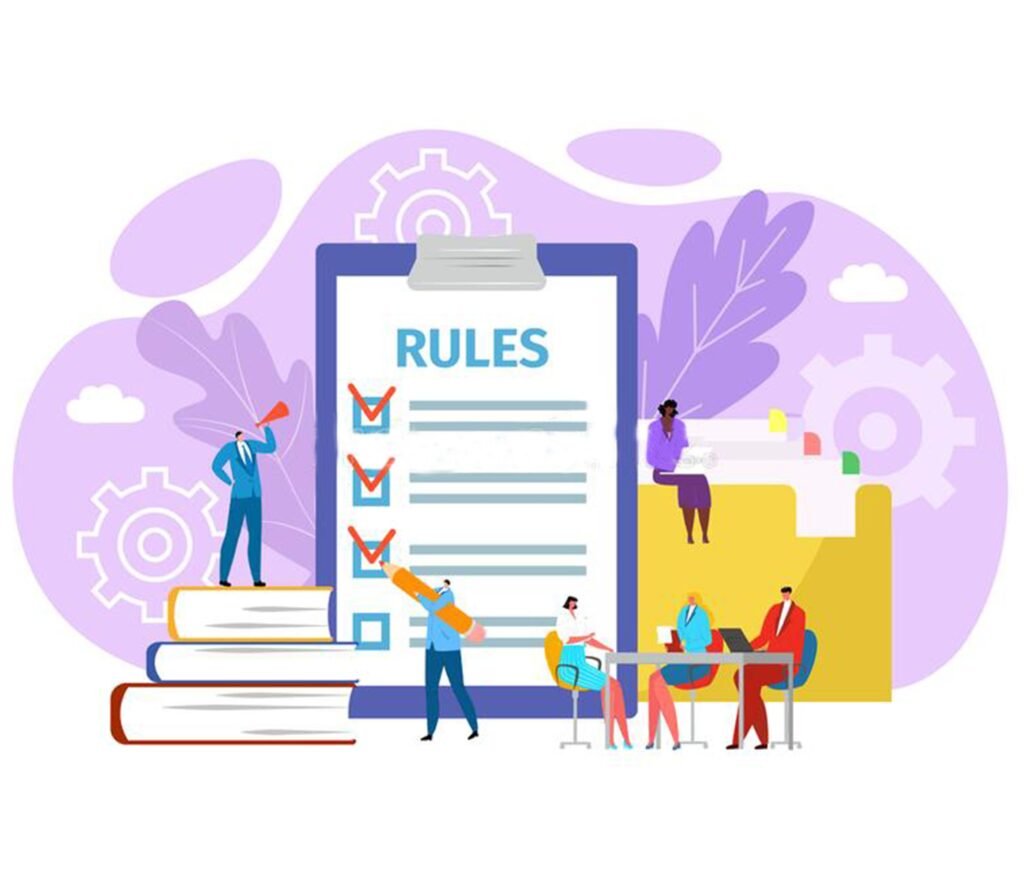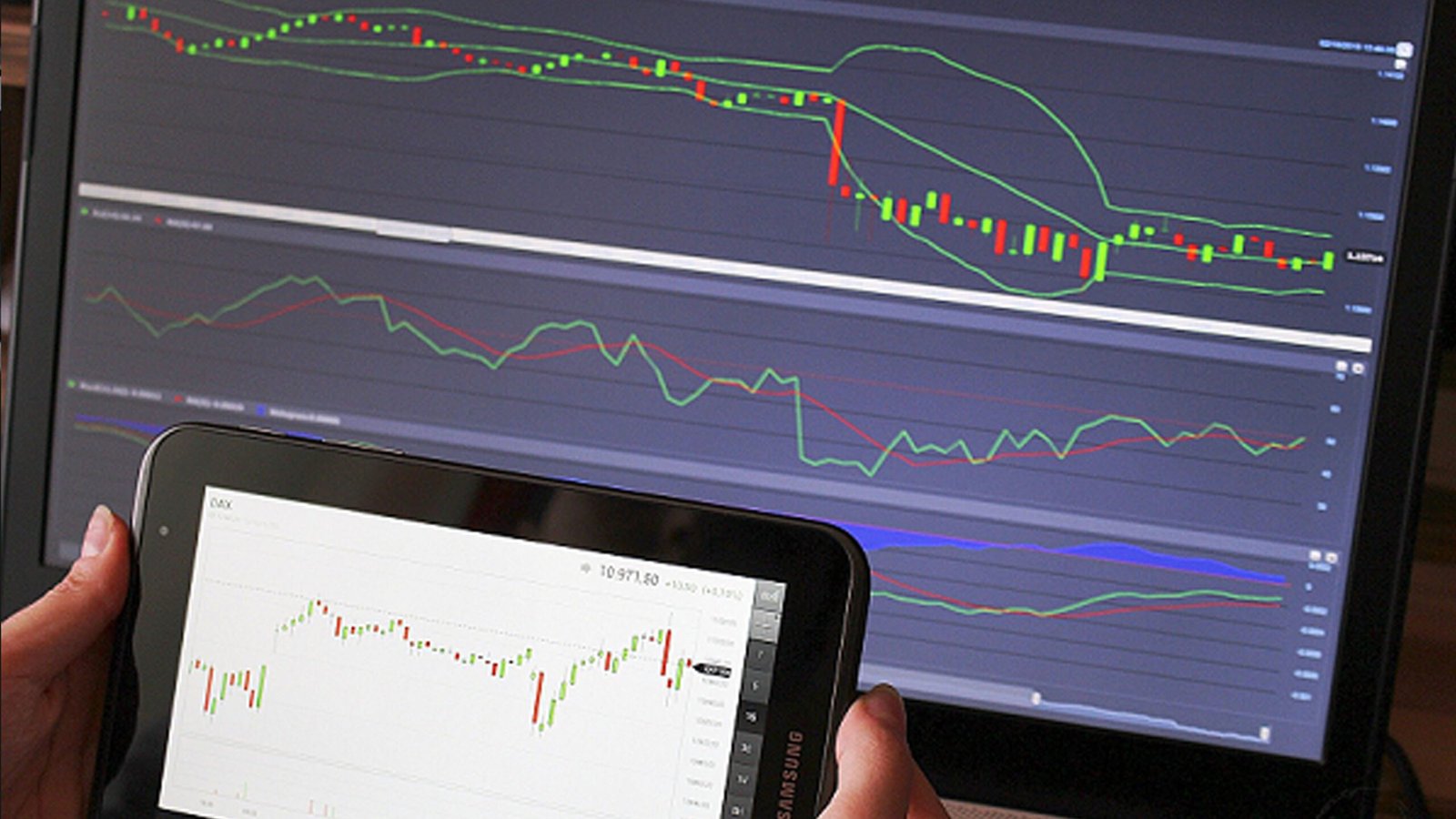Understanding Fear
When traders get bad news about a certain stock or the economy in general, they naturally get scared. They may overreact and feel compelled to liquidate their holdings and sit on the cash, refraining from taking any more risks. If they do, they may avoid certain losses but may also miss out on some gains.
Traders need to understand what fear is: a natural reaction to a perceived threat. In this case, it’s a threat to their profit potential.
Quantifying the fear might help. Traders should consider just what they are afraid of, and why they are afraid of it. But that thought should come before the bad news, not in the middle of it.
Fear and greed are the two visceral emotions to master.
By looking ahead, traders will know how they instinctively perceive events and how they react to them, and they can go beyond the emotional response. Of course, it’s not easy, but it’s necessary for the health of an investor’s portfolio, not to name the investor.










